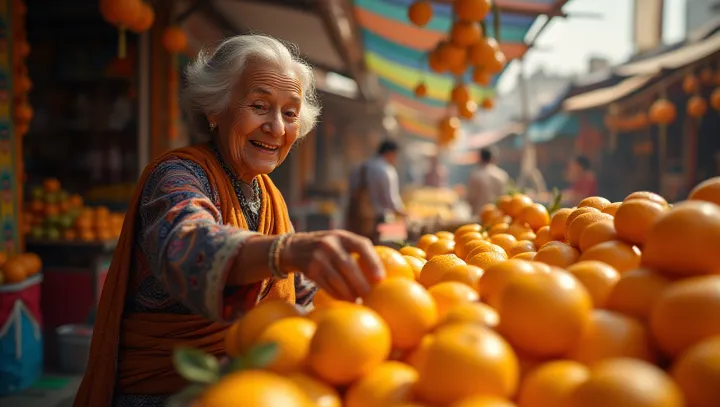Unveiling Global Fruit Festivities

Fruit festivals across the globe are not just culinary events but cultural exhibitions that celebrate the significance of these natural bounties in human life. From the La Tomatina in Spain, which draws thousands to a tomato-filled spectacle, to the Otaue Rice Planting Festival in Japan that honors the rice harvest with intricate rituals, these events underline fruit's intrinsic role in societal traditions. Central to many fruit festivals is the orange, a fruit celebrated for its vibrant hue and sweet taste.
The Battle of the Oranges in Ivrea, Italy, stands out as a historically rich event where participants engage in friendly combat using this citrus fruit, symbolizing defiance and unity of the community. Similarly, the annual celebration in Jeju, South Korea, features the citrus market, attracting locals and tourists alike to savor and shop the freshest produce, highlighting the economic vitality that these festivals bring to the region. Experts indicate that the rise of fruit-themed festivals also showcases a global trend toward food security and sustainability.
James Carr, an agricultural economist, notes, 'These events provide a platform to promote sustainable farming practices and invigorate agritourism, fostering a deeper connection between communities and their natural resources.' As the world embraces eco-conscious events, fruit remains a symbolic and strategic element in cultural storytelling and economic development. In an era where global cultural appreciation fosters understanding, fruit festivals serve as a universal language that transcends borders. Whether through the bustling streets of Bangkok's fruit markets or the serene orchards of California's valley harvests, these celebrations weave a narrative of communal prosperity, capturing both the eye and the imagination of attendees worldwide.
